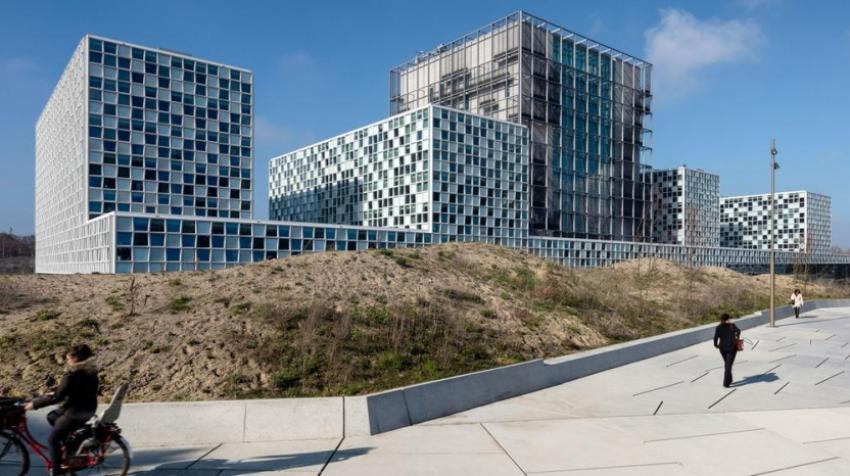Trying the gravest crimes, involving victims, ensuring fair trials, and complementing national tribunals; in its first 20 years of existence, the International Criminal Court has made notable progress in its crucial mission.
On the 20th anniversary of the Court, here are five ways that the ICC is helping build a more just world.
1) Trying the gravest crimes
The ICC was created with the “millions of children, women and men” in mind who “have been victims of unimaginable atrocities that deeply shock the conscience of humanity”. It is the world's first permanent, treaty-based, international criminal court to investigate and prosecute perpetrators of crimes against humanity, war crimes, genocide, and the crime of aggression.
During the first twenty years of its operations, the ICC has tried and resolved cases of significance for international justice, shedding light on the crimes of using child soldiers, the destruction of cultural heritage, sexual violence, or attacks of innocent civilians.
Through its judgments in exemplary cases, it is gradually building authoritative case law. 31 cases were opened. Its judges have pronounced 10 convictions and 4 acquittals.
The Court has 17 ongoing investigations into some of the world's most violent conflicts, such as the Democratic Republic of the Congo, Central African Republic, Georgia, and Ukraine.
2) Involving victims
The Court does not only try and punish those responsible for the most serious crimes but also ensures that the voices of the victims are heard. Victims are those who have suffered harm as a result of the commission of any crime within the Court’s jurisdiction.
Victims participate in all stages of ICC judicial proceedings. More than 10,000 victims of atrocities have participated in proceedings, and the Court maintains direct contact with communities affected by crimes within its jurisdiction through outreach programs.
The Court also seeks to protect the safety and physical and psychological integrity of victims and witnesses. Although victims cannot bring cases, they can bring information to the Prosecutor, including to decide whether to open an investigation.
The ICC Trust Fund for Victims is currently making the Court's first orders on reparations a reality. Through its assistance programs, the Fund has also provided physical, psychological, and socio-economic support to more than 450,000 victims.
3) Ensuring fair trials
All defendants are presumed innocent until proven guilty beyond a reasonable doubt before the ICC. Each defendant is entitled to public and impartial proceedings.
At the ICC, suspects and accused persons have critical rights, including:
-
to be informed of the charges; to have adequate time and facilities to prepare their defence
-
to be tried without undue delay
-
to freely choose a lawyer
-
to receive exculpatory evidence from the Prosecutor
4) Complementing national courts
The Court does not replace national courts. It is a court of last resort. States have the primary responsibility to investigate, try and punish the perpetrators of the most serious crimes.
The Court will only step in if the State in which serious crimes under the Court’s jurisdiction have been committed is unwilling or unable to genuinely address those.
Serious violence is escalating rapidly around the world. The Court‘s resources remain limited and it can only deal with a small number of cases at the same time. The Court works hand in hand with national and international tribunals.
5) Building more support for justice
With the support of 123 States Parties, from all continents, the ICC has established itself as a permanent and independent judicial institution. But unlike national judicial systems, the Court does not have its own police.
It depends on the cooperation of states, including to implement its arrest warrants or summonses. Nor does it have territory to relocate witnesses who are at risk. The ICC thus depends, to a large extent, on the support and cooperation of States.
Only with the joint and renewed commitment of the international community can the ICC realize its promises of more justice and reconciliation for all.




